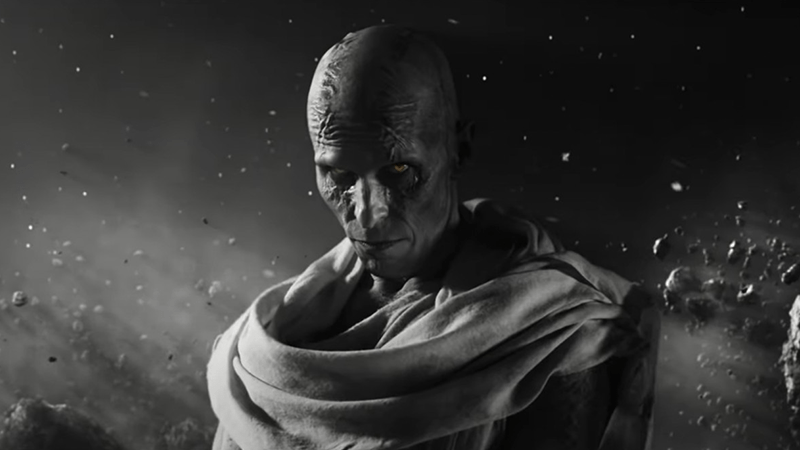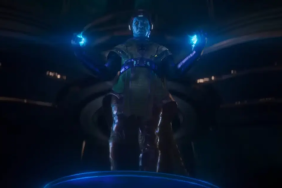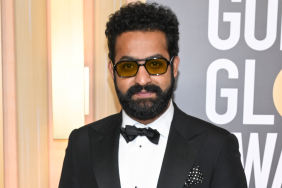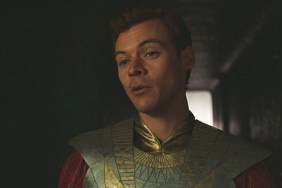Thor: Love and Thunder is out and fans finally have the chance to see Christian Bale’s Gorr the God Butcher in action. As a big fan of Jason Aaron and Esad Ribic’s Thor: God of Thunder run that he originated in, I was stoked to see Gorr finally show up in a film. While he wasn’t entirely comic-accurate, this version of Gorr worked exceptionally well in Love & Thunder. I’d go so far as to say he’s the best one-off Marvel villain in a film yet. He might not be a Thanos or Loki, but for a one-pic threat, Gorr is simply incredible.

In the comics, Gorr despises the gods after learning that they’re real and that none helped his people who did nothing but pray as they died off from droughts and disasters. After receiving the Necrosword from Knull, essentially the Symbiote god, Gorr sets out to kill the gods who did nothing for his faithful people. In the film, Gorr sees his daughter die because of their barren world, and proceeds to meet Rapu – Gorr’s god who openly doesn’t care for his own people. Gorr kills Rapu with the Necrosword as it chooses him, and decides to go on his unholy crusade. He’s a bit more nuanced in the comics, but when you have multiple issues to develop in, that’s going to happen.
In a film that revolves around different kinds of love, Gorr represents the dark side of said feeling. While we often romanticize a willingness to do anything for the people we love, this mindset can have a downside. Driven mad by the grief of losing his daughter, a process described by Vision in WandaVision as “love persevering,” Gorr does awful things to others out of love. He kills Falligar the Behemoth, the enormous white monster god that Thor praises, as well as more vile gods like Rapu. Love drives him to do evil, just as it motivates our protagonists to do good. He becomes a hypocrite – no better than the gods he hates, and he does it out of love.
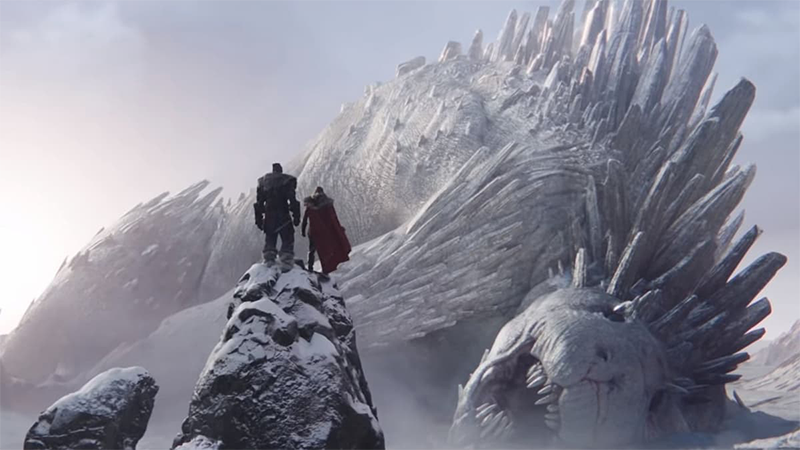
In this way, there’s a clear thematic parallel between him and Jane Foster, in that the thing that gives them the strength to accomplish their goals is also killing them faster. In the end, Jane uses it out of a healthy love, as she wants to protect Thor and the people she loves. Meanwhile, Gorr uses his tool out of vengeance, as it further corrupts and eats away at him. They’re the two sides of love, making Gorr potentially the villain who is the most thematically consistent with their one Marvel film.
Another unique aspect about Gorr is that he’s one of the few Marvel one-off villains whose death makes sense. More often than not, it feels as though Marvel either doesn’t want to bring an actor back, or can’t explain in-universe how a villain would stay in jail. For Gorr, death serves as the inevitable end of his journey. The Necrosword is killing him as he uses it – a fitting cost for all the death he causes with it. It would make no sense for Gorr to keep living, as the ultimate price for his quest is his inability to live on with his newly resurrected daughter,
Gorr is an excellent villain despite his differences from his comic counterpart. He illustrates the themes of Thor: Love and Thunder brilliantly through how he becomes the very thing he swore to destroy. His goals and motivations are relevant to the film’s message, he’s played wonderfully by Bale, and his death and moment of redemption both feel earned. Gorr has taken his place as my favorite one-off Marvel villain, and one of the best at that.
